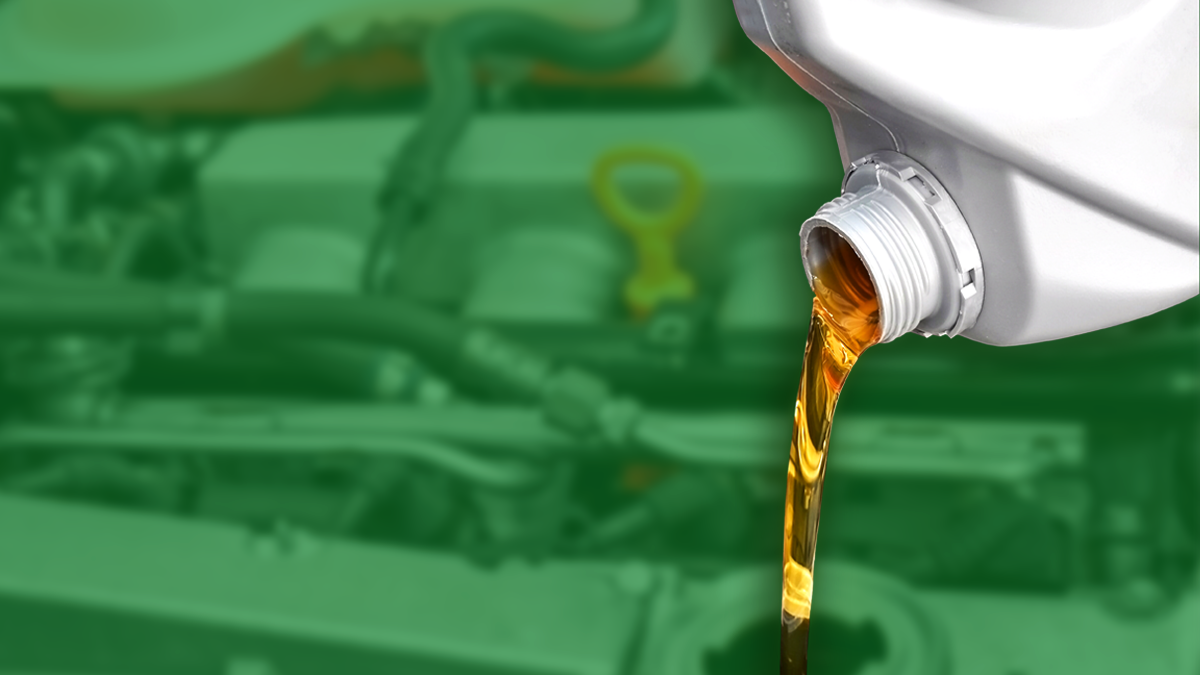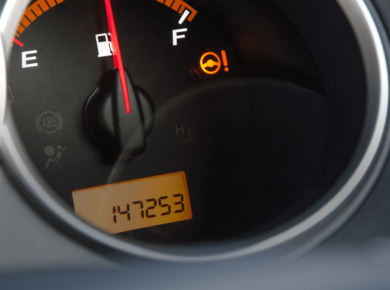Engine oil is a thick fluid that provides lubrication and cooling for vehicle engines. It keeps all the moving parts protected and prevents them from rubbing against one another. Metal wear would destroy an engine in a very short time without oil. Engine oil is also responsible for helping clean the engine from potentially damaging deposits. So, routine oil changes are crucial for the life and performance of all cars. Here’re some signs that indicate it may be time to change your oil.
Monitor mileage records
Though there is no single oil change interval recommended for all engines, but most mechanics recommend changing your engine oil every three months or 3,000 miles. However, some high-end synthetic oils can last up to 10,000 miles between changes. The best rule is to set reminders based on mileage following your automaker’s recommendation, which should be listed in the owner’s manual.
Test oil color and thickness
Clean oil is amber and slightly translucent. Over the time and through use, oil darkens. This is due to heat, but also to the impurities and debris it picks up while being pumped through the engine. Checking the dipstick regularly will help you keep an eye on the color of your engine oil. If you pull the dipstick and notice that the oil is dark, it’s time to change it.
Pay attention to suspicious smells
When you see a bluish smoke coming from your exhaust, that’s a sign that something is wrong. A smell of oil inside the car also means that you might have an oil leak, and it’s dripping onto a hot part of the engine or exhaust and is burning away.
Listen for engine noise
Engine oil’s primary job is lubrication. When there’s not enough oil, moving parts within the engine do not get the lubrication they need. This creates friction, which can cause a light tapping or knocking sound.
Control the heating process
Low oil can cause the engine to overheat. If there is too little oil in the engine, it will continue to heat up because it has no opportunity to cool. This means that the engine coolant has a harder time siphoning off excess heat, and you’ll notice your temperature gauge starts to climb (note that your temperature gauge indicates coolant temperature, not oil temperature).
Sum up
Being attentive to the car’s condition and checking the level of the oil dipstick on a regular basis will help ensure the longevity of your engine. Always keep an eye on oil consumption to avoid problems before they become serious.










5 comments
I find it alarming that a car that needs an oil change would be making strange noises while you use it. This post reminds me of my uncle’s car because this is happening to him a lot. I’ll be sure to recommend this to him so that he won’t need to worry about it anymore.
Hi Zachary! We appreciate your taking the time to share your experience and glad to hear you found our post helpful. Thanks!
It’s great for getting details about the vehicle. I got a nice experience to search for this site
Thanks for telling me that I should get an oil change for my car if its engine makes noise. The noise is due to the engine’s moving parts not being lubricated enough. My sister’s car produces a tapping sound when I drive it, so I’ll suggest she gets an oil change soon.
I like that you talked about how seeing a bluish smoke coming from the exhaust is a sign that something is wrong. I was inspecting our family car the other day and I noticed a suspicious color of smoke coming out of it. It was definitely not a good sign, so we should probably ask a professional to perform an oil change on our car.
Comments are closed.